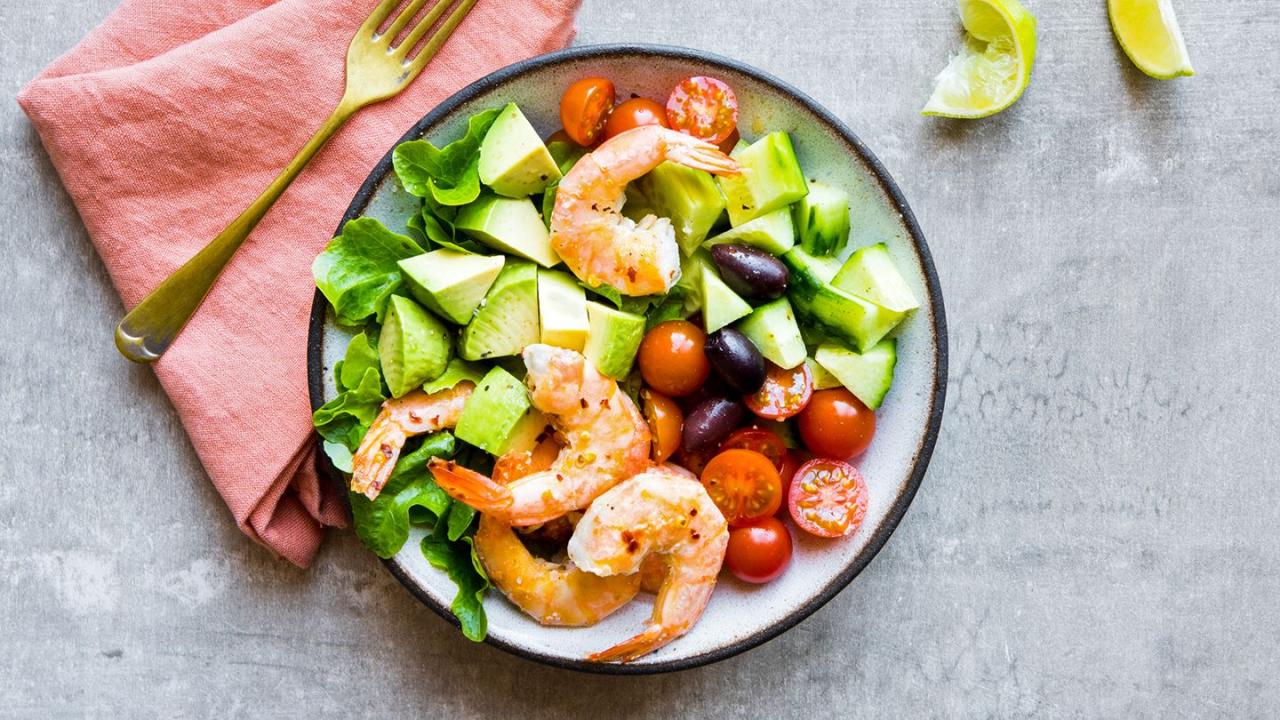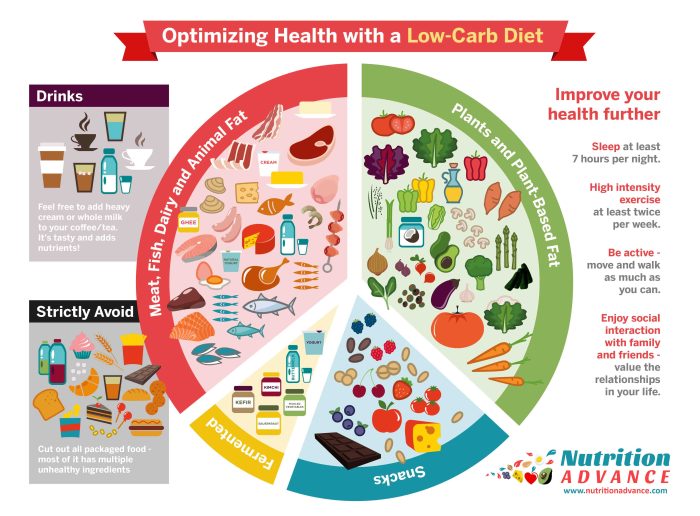Embarking on a culinary expedition with like a very low carb diet crossword, we delve into the intricacies of this dietary approach. From its potential health implications to the practicalities of meal planning, this comprehensive guide unravels the complexities of a very low carb lifestyle.
Unveiling the essence of this dietary regimen, we examine the rationale behind restricting carbohydrate intake and explore the spectrum of foods embraced and eschewed within its framework. Moreover, we illuminate the impact of such a diet on blood sugar regulation, weight management, and cardiovascular well-being, grounding our discussion in scientific evidence.
Dietary Restrictions

A very low carb diet (VLCD) is a dietary approach that drastically restricts carbohydrate intake, typically below 50 grams per day. This restriction forces the body to rely primarily on fat and protein for energy, a metabolic state known as ketosis.
Potential Benefits
- Weight loss: VLCDs can promote significant weight loss due to reduced calorie intake and increased fat burning.
- Improved blood sugar control: By limiting carbohydrate intake, VLCDs can help stabilize blood sugar levels, which is beneficial for individuals with type 2 diabetes.
- Reduced inflammation: VLCDs have been associated with decreased inflammation throughout the body.
Potential Drawbacks, Like a very low carb diet crossword
- Nutrient deficiencies: VLCDs can be restrictive and may not provide all the necessary nutrients, leading to deficiencies.
- Side effects: Common side effects of VLCDs include fatigue, headaches, constipation, and nausea.
- Sustainability: VLCDs can be difficult to maintain long-term due to their restrictive nature.
Foods to Include and Exclude
- Foods to include:Meat, fish, poultry, eggs, cheese, low-carb vegetables (e.g., broccoli, cauliflower, spinach), healthy fats (e.g., olive oil, avocado)
- Foods to exclude:Bread, pasta, rice, potatoes, sugar, sweets, fruit (except berries)
Health Implications
Impact on Blood Sugar Levels
VLCDs can significantly improve blood sugar control in individuals with type 2 diabetes. By reducing carbohydrate intake, VLCDs decrease insulin resistance and promote the release of glucose-lowering hormones.
Impact on Weight Management
VLCDs are effective for short-term weight loss due to their low calorie intake and increased fat burning. However, long-term weight loss results vary and may depend on individual factors.
Impact on Cardiovascular Health
VLCDs have shown mixed results on cardiovascular health. Some studies suggest potential benefits, such as improved cholesterol levels, while others raise concerns about increased risk of heart disease.
Meal Planning: Like A Very Low Carb Diet Crossword
Sample Meal PlanBreakfast:Scrambled eggs with spinach and cheese Lunch:Grilled chicken salad with olive oil dressing Dinner:Salmon with roasted vegetables Snacks:Celery sticks with hummus, hard-boiled eggs Dietary Guidelines* Prioritize protein and fat sources.
- Choose low-carb vegetables (e.g., broccoli, cauliflower).
- Limit carbohydrate intake to less than 50 grams per day.
- Ensure adequate hydration.
Lifestyle Considerations

Challenges and Considerations
- Social situations: VLCDs can make it difficult to participate in social events involving food.
- Travel: Adhering to a VLCD while traveling can be challenging due to limited food options.
- Dining out: Restaurants often offer limited VLCD-friendly options.
Tips and Strategies
- Plan ahead: Research restaurant menus and pack snacks for social events or travel.
- Communicate your dietary needs: Inform others about your VLCD to avoid awkward situations.
- Be flexible: Allow for occasional deviations from the diet, but stay mindful of carbohydrate intake.
Query Resolution
What are the potential benefits of following a very low carb diet?
Adhering to a very low carb diet may offer several potential benefits, including improved blood sugar control, weight loss, and reduced risk of chronic diseases such as type 2 diabetes and heart disease.
What are the potential drawbacks of following a very low carb diet?
A very low carb diet may also pose certain drawbacks, such as nutrient deficiencies, fatigue, and increased risk of kidney stones. It is crucial to consult with a healthcare professional before embarking on this dietary approach.
